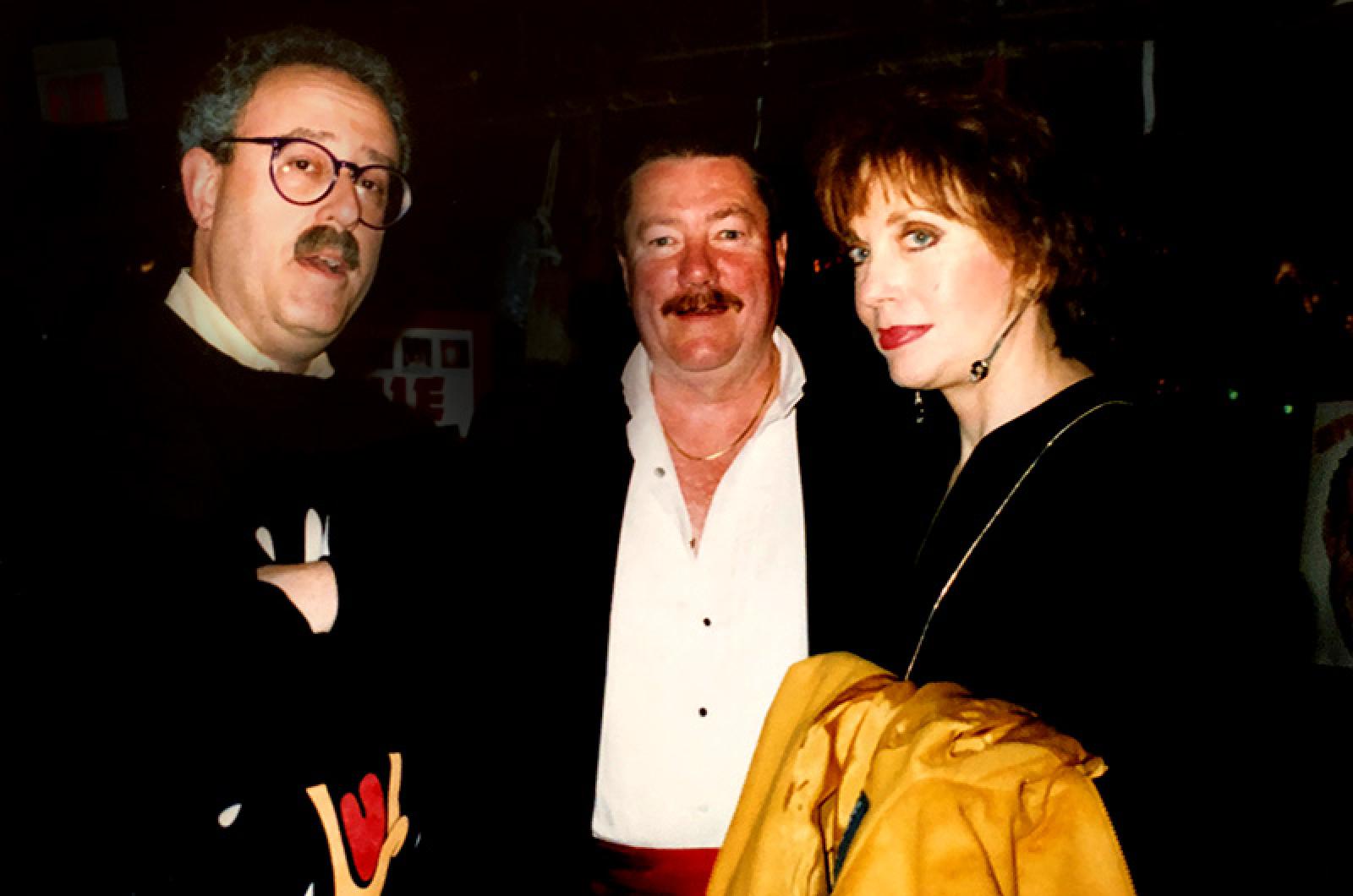After reading Robert B. Parker’s novel Looking for Rachel Wallace, published in 1980, I fell hard for Boston’s own man about letters and creator of the one-named detective Spenser. Consider this passage from the novel, which is not only a good piece of descriptive writing found in a chapter of hardboiled detective fiction, but damn good writing, period.
“[The old Boston Public Library] felt like a library and looked like a library, and even when I was going in there to look up Duke Snider’s lifetime batting average, I used to feel like a scholar. Then they grafted an addition on and shifted the main entrance to Boylston Street. Faithful to the spirit, the architect had probably said. But making a contemporary statement, I bet he said. The addition went with the original like Tab goes with pheasant. Now, even if I went in to study the literary influence of Eleanor of Aquitaine, I felt like I’d come out with a pound of hamburger and a loaf of Wonder bread.”
After reading that book when it was first published, I gobbled up everything Parker wrote. At the time, that meant seven more mystery novels featuring Spenser. And anyone who would name a world-weary gumshoe after a 16th century Elizabethan poet, I had to meet.
I got my chance in 1982 with the publication of Ceremony, his ninth Spenser book. The title came from the poem The Second Coming by Yeats: “
The blood-dimmed tide is loosed, and everywhere/The ceremony of innocence is drowned.”
The title of his next book, The Widening Gyre, was from the same poem.
I attended a book signing at the old Harvard Book Store Café on Newbury street in Boston. I moved through the line of fans and handed him my new purchase. He looked at me, smirked, scribbled quickly in the book and handed it back with a wink. The autograph stunned me because we had never met before: “Arnie, pretty funny. Robert B. Parker.”
It turned out he was a fan of my work too. At the time I was doing comic pieces at the close of Chronicle, WCVB-Boston’s new nightly TV news magazine.
We began having lunches in Harvard Square and chats in his nearby home office while his German short-haired Pointer, Pearl, curled up on a nearby sofa. We talked about Spenser, about Yeats, about contemporary poets, too. We talked about jazz. We talked about mysteries. We shared a sense of humor.
By January 2010, there were 39 Spenser books. That month Parker died at his desk in the middle of writing another novel. He had been in and out of danger, health-wise. He called it “cardiologically compromised.” That was 10 years ago. He was 77, the same age I am now. It’s winter again so I think of him with misty regret.
When The Godwulf Manuscript, the multi-layered debut of Spenser, came out in 1974, Parker was a 41-year-old professor in Northeastern University’s English department. It took at least 10 books and the gods of luck to lift his reputation, making Robert B. Parker a name in our nation’s bookstores and households.
Hollywood discovered Spenser and life changed for Parker, mostly for the good. In 1985 there was a TV pilot movie followed by a weekly network series starring Robert Urich as Spenser. Book sales doubled and tripled. Even the earlier Spenser novels flew off the shelves. Soon Parker had a new publisher and a new contract, calling upon him to produce a book a year for a lot of money. He gave up his day job at Northeastern.
I cajoled him into letting me produce a half-hour TV show about him that aired in Chronicle’s 7:30 p.m. slot. His performance gene, which included a mellifluous radio baritone, allowed him to shine and win over more fans.
His PhD thesis was titled The Violent Hero, Wilderness Heritage and Urban Reality, focusing on the hard-boiled fiction of Dashiell Hammett, Raymond Chandler and Ross Macdonald. He learned from these masters and mastered that “noir” style. He continued in the vein of Hammett with his plot twists and turns, as well as in the cracks of wisdom whipped up by Chandler and Macdonald.
Chandler: “From thirty feet away she looked like a lot of class. From ten feet away she looked like something made up to be seen from thirty feet away.”
Macdonald: “It was a Friday night. I was tooling home from the Mexican border in a light blue convertible and a dark blue mood.”
Parker: “Halfway through my steak I caught sight of myself in the mirror behind the bar. I looked like someone who ought to eat alone. I didn’t look in the mirror again.”
Today, I looked in the mirror and thought again of that line by Parker. I didn’t like what I saw either — a sap who has seen it all and regrets most of it, except loving his wife, moving to the Vineyard and knowing, reading and appreciating Robert B. Parker.
Not so bad for a sap, I guess.
Arnie Reisman and his wife, Paula Lyons, regularly appear on the weekly NPR comedy quiz show, Says You! He also writes for the Huffington Post.




Comments (8)
Comments
Comment policy »